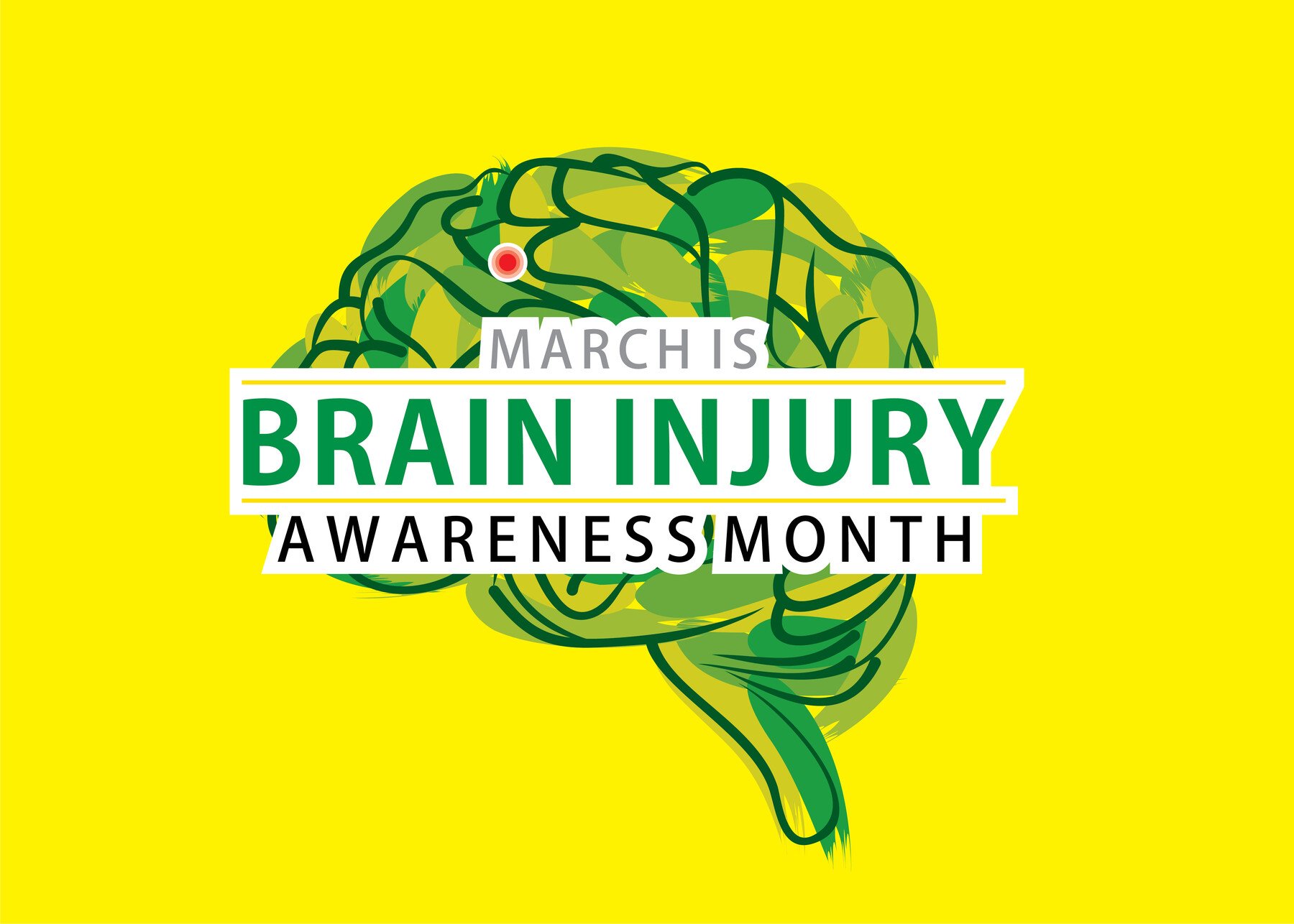Tangled Web of Brain Injury, Substance Use Disorder + Depression: Understanding The Connection
Complications following Traumatic Brain Injury (TBI) are complex and often misunderstood. Each TBI survivor has a unique experience with symptoms following their injury, depending on the severity of the brain injury and the number of brain injuries sustained over their lifetime. Healthcare professionals say, “if you’ve seen one brain injury, you’ve seen one brain injury.” More than likely, the person experiencing a brain injury is experiencing a decreased quality of life –and unlike having a broken leg, brain injuries are not visible and they can go undiagnosed.
According to the Center for Disease Control and Prevention (CDC), adults with disabilities were three times more likely to report suicidal ideation in the past month compared to persons without disabilities.
Potential long-term consequences from TBI include memory loss, fatigue, problems with attention and concentration, difficulty with speech, decreased motor abilities, visual impairments and sexual dysfunction. TBI also greatly increases the likelihood of mental health problems such as anxiety, depression and suicide.
According to the Center for Disease Control and Prevention (CDC), adults with disabilities were three times more likely to report suicidal ideation in the past month compared to persons without disabilities. To learn more about the connection: Association Between Disability and Suicide-Related Outcomes Among U.S. Adults - PubMed (nih.gov)
There were 64,362 TBI-related deaths in the United States in 2020 (CDC, 2022). Car accidents were the leading cause of TBI-related deaths until 2009. Since then, suicide has consistently been the leading cause of TBI-related deaths across all populations. Suicide Is Top Cause of Deaths Tied to Traumatic Brain Injury (usnews.com)
Between 2016 and 2018, there were a total of 856 TBI-related deaths in New Hampshire, with 42% (358) of those resulting from suicide (CDC, 2021). As part of their overall suicide prevention strategy, NH implemented the 988 crisis hotline in July of 2022.
Opioids and Brain Injury: What’s The Connection?
Over the last few years, the opioid crisis has emerged as a top public health priority in the New Hampshire. Studies have shown that between 10% and 20% of people with brain injury develop a first-time substance use problem. A brain injury can lead some people to drink more alcohol or use more drugs than they previously did, often using these substances as a coping mechanism. Traumatic Brain Injury and Opioid Use: Additional Evidence S... : The Journal of Head Trauma Rehabilitation (lww.com)
Conversely, opioid use disorder, and excessive use of alcohol, increases the risk for a brain injury. Of those people in substance misuse treatment, 50% have suffered at least one brain injury. Those who misuse opioids or survive an overdose can experience brain damage because of lack of oxygen to the brain. They are also more susceptible to brain injuries caused by falls and violence (Pennsylvania Dept. of Health).
Narcan, also referred to as Naloxone, is a drug that can be administered to someone who has overdosed in order to save their life. Two truths about Narcan/Naloxone:
Naloxone is not effective for all drugs. According to the National Training and Technical Assistance Center, Naloxone only works on overdoses caused by opioids, such as OxyContin, Fentanyl, Methadone and Vicodin. Naloxone cannot reverse overdose resulting from non-opioid drugs, like cocaine, benzodiazepines or alcohol. As more people turn to the use of “street drugs” which often contain a mix of these substances, one result could be that Naloxone may not be able to save them. This New Street Drug Can't Be Reversed By Narcan (sobernation.com)
Naloxone can’t treat a brain injury. For every one overdose death, there are approximately fifty overdose survivors. While some may consider that an encouraging statistic, many people do not realize they may be walking away from an overdose -- but with a brain injury and a life that looks totally different than the one they knew before their overdose.
If a person is receiving treatment for substance or excessive alcohol use, it is important for the medical team, and families and friends who spend time with them, to watch for signs of a brain injury – because a person with a brain injury needs different treatment than a person without one. Brain injury makes the likelihood of success in substance use treatment less likely, because brain injury affects an individual’s ability to concentrate, remember, plan, problem-solve and self-regulate. For more information on Substance Use Disorder (SUD) and brain injury, visit Substance Use Disorder | Brain Injury Association of New Hampshire (bianh.org).

